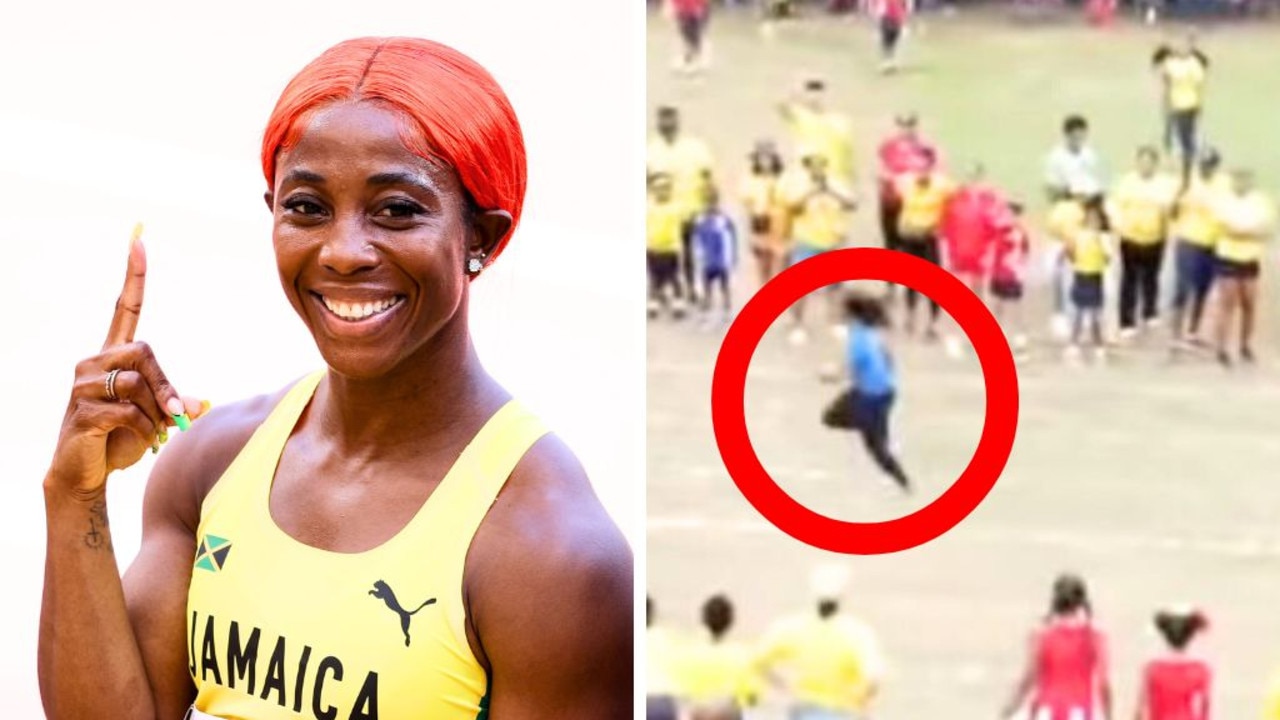‘Not bulletproof’: The Olympic myth that needs to be busted
They’ve become the nation’s heroes, but there’s a myth that needs to be busted about Olympic athletes.

It was everything they’ve been training for.
Over the past two weeks, over 400 Aussies have stepped out onto the world stage, competing against the best of the best at the Paris Olympics.
Some, earning themselves a medal around their necks and a place in the history books – the ‘nation’s heroes’, as they are referred to back home.
“It’s such an incredible high,” Professor Rosemary Purcell, who leads Melbourne University’s elite sports and mental health team, told news.com.au.
“It takes so much mental preparation and physical preparation, and there’s all the anticipation that comes with the build-up.”
But the high doesn’t last forever, with our Aussie champions soon set to return home back to their everyday lives.
“It’s almost that analogy of you’ve summited a huge mountain, and then you really quickly just dropped back down to earth.”
“For a lot of our Olympic athletes, they have to work or study, they don’t earn enough to support themselves. So that can be just a really jarring readjustment from being apart of this amazing movement, and now being back at work or back at study.
“That complete change from the high to normality can be really challenging.”
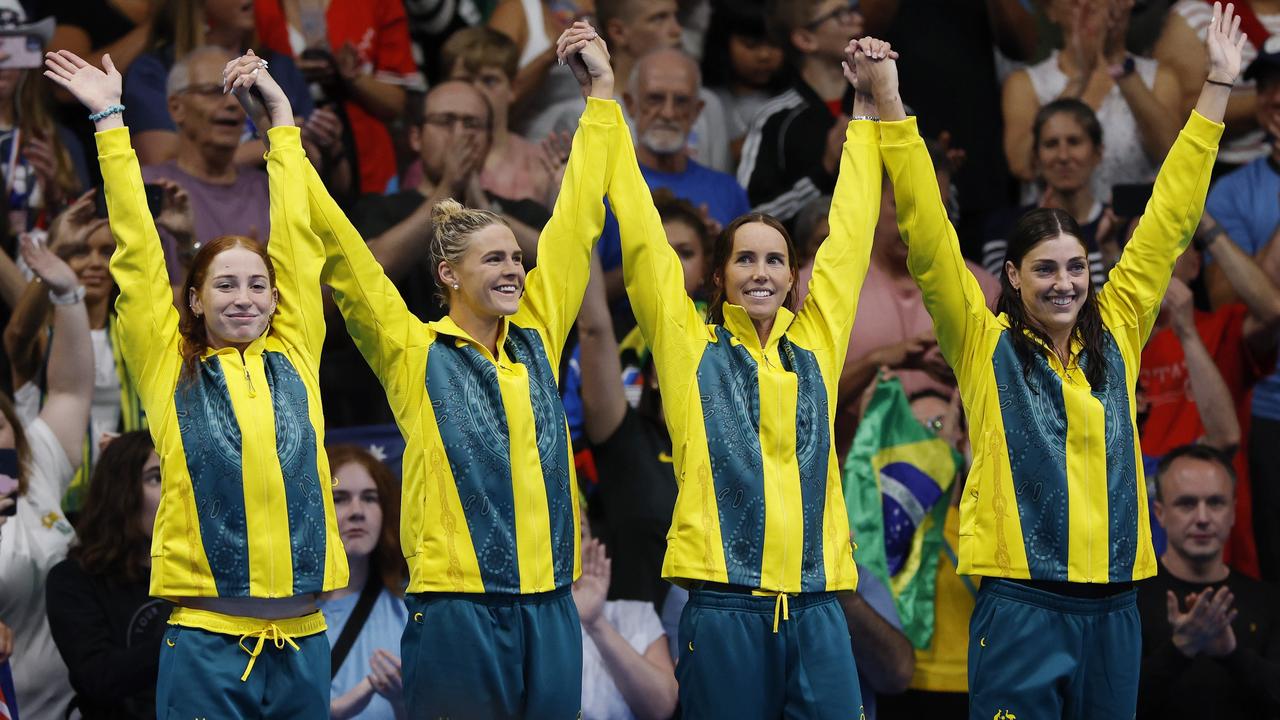
Some can experience an emotional crash or comedown known as post-Olympic blues.
“Some athletes just come back feeling at a bit of a loss when they’ve just put so much mental and physical energy into the Olympics,” she said.
Some can also experience a deeper post-Olympic depression – “a really specific episode of depression where they have really low mood, they might be having very negative thinking patterns and they’re losing interest in life and sport”.
A 2021 study found about 24 per cent of Olympic and Paralympic athletes reported experiencing high or very high psychological distress after the Games.
Professor Purcell says this can be spurred on by a number of reasons, including an inability to meet their goals, or achieving them and worrying ‘what’s next?’
“Research has shown if there’s a mismatch between what you’re hoping for and what you achieved, there is a risk of distress. But gold medallists can be as vulnerable to this kind of post-Olympic distress as any other athlete,” she said.
“Athletes can also have what’s called a high athletic identity, so they may only see themselves as an athlete and not have other aspects to their identity, like a student or worker or a parent. Those athletes are probably at elevated risk of developing (distress).”
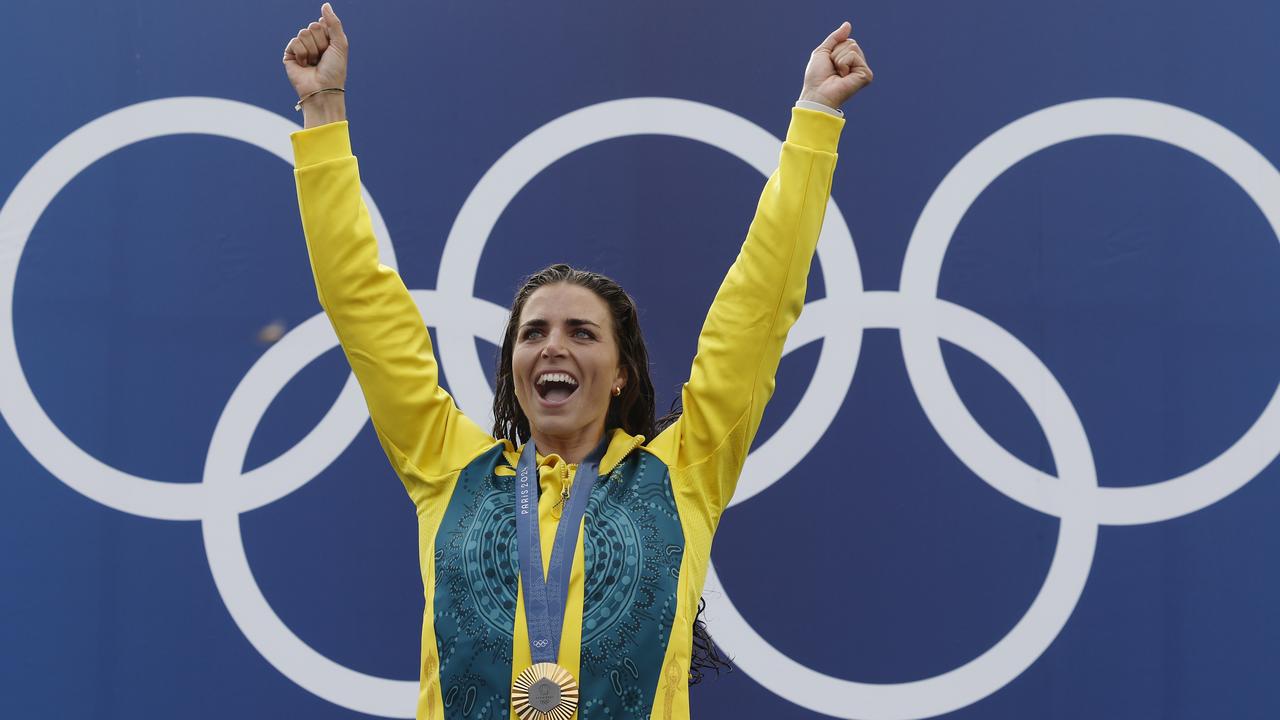
It’s why Professor Purcell says it’s important to bust the myth that athletes are “superhuman”.
“This is their job and their passion and they are exceptional at it. But that doesn’t mean that they’re completely bulletproof in all aspects of their life,” she said.
“At the end of the day, they’re absolutely just human beings like the rest of us, so they’re susceptible to all the risk factors for mental health that are out in the community.
“There’s research that shows that elite athletes might be even at higher risk of mental health issues (than the general population) because they are dealing with things like injury which could end someone’s career.”
‘Crash down’
British Olympic gymnast Nile Wilson recently opened up about his struggle with the “Post-Olympic comedown” after his life changes overnight when he won a bronze medal at the 2016 Olympics.
“I’m telling the world that all these Olympic athletes that are going to go make history and be absolute legends and super humans are going and shock the world are going to come home and feel really rubbish and crash down,” he said in a recent TikTok video.
“We’ve all had holiday blues. Imagine this holiday you’ve trained your whole life for and you go and it is the best three weeks of your entire life and the experience is even better than you imagined all those years building up to it … They’re going to feel a bout of depression when they come home.”


Speaking about his own experience, Wilson, who was just 20 when he became the first Briton ever to medal in the horizontal bar, said he began partying in an attempt to chase the high.
“My friend at the time was partying and (drinking) alcohol and I thought at that time if I drank enough alcohol I would feel the buzz I felt two weeks ago, and that’s not reality and that’s not sustainable,” he said.
“I feel the low can be avoided in self-awareness and just a little bit of conversing and checking in with yourself and a little bit of expectation that of course what goes up must come down.”
Wilson is not the first athlete to talk about the struggles of retuning to life after the Games.
US swimmer Michael Phelps – the most-decorated athlete in Olympic history – has openly spoken about his struggle with post-Olympic depression which he first experienced in 2004, after winning six gold and two bronze medals at the Athens Olympics.
“[You] work so hard for four years to get to that point, and then it’s like you’re … at the top of the mountain, you’re like what the hell am I supposed to do? Where am I supposed to go? Who am I?” he told Healthline.
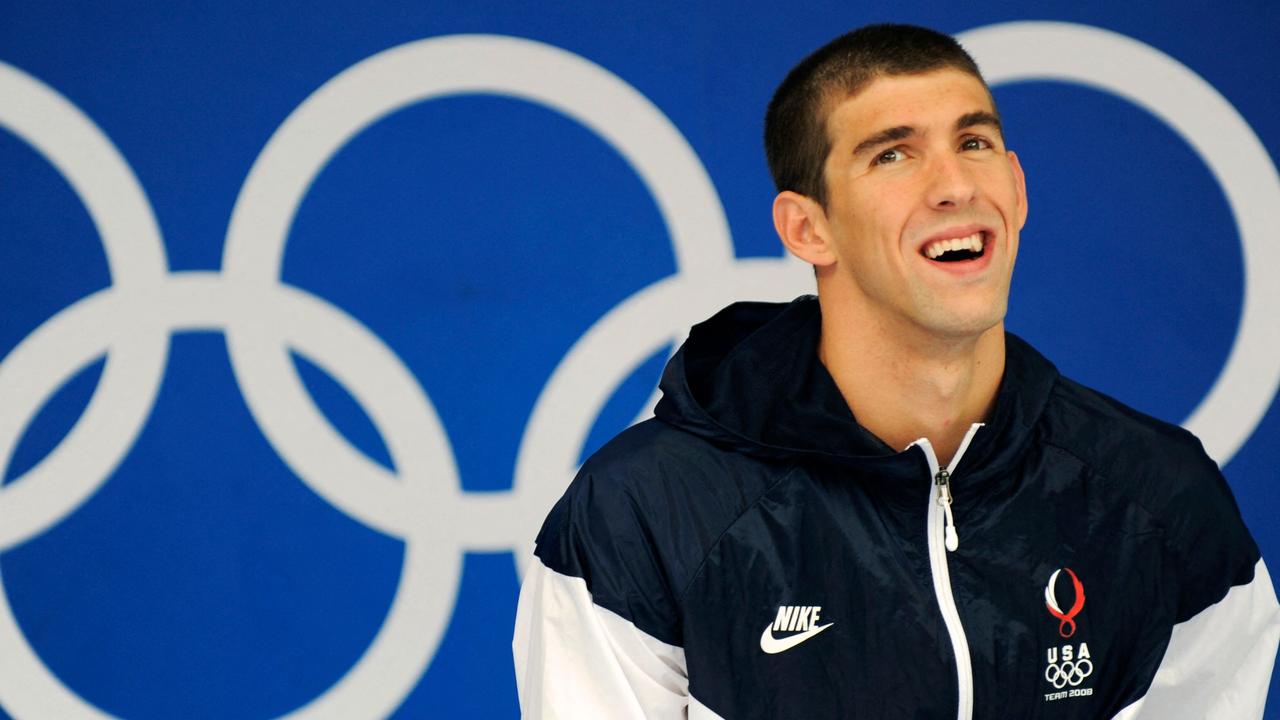
He felt those same feelings again after competing in the 2008 Olympics before experiencing his “hardest fall” in 2012 after the London Games. In those challenging times, he stayed in his room for days and began to consider suicide.
“I then just decided that it was time to take a step to try to find a different route, a different path,” he said.
In the years since, athletes of the likes of gymnast Simone Biles, tennis player Naomi Osaka, and sprinter Noah Lyles have also helped raise awareness of the mental health.
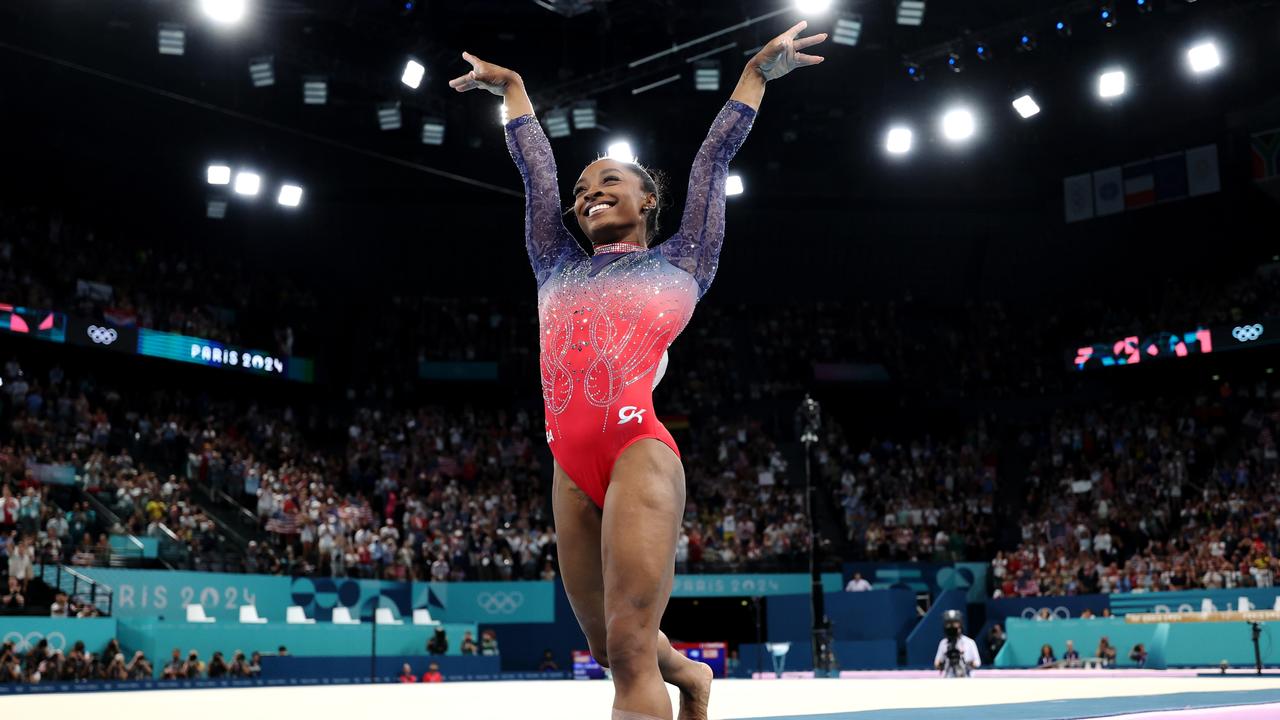
As Aussies prepare to pack their bags and return home from Paris, Professor Purcell said it’s important for Olympians to be aware of the slump and seek help.
“It’s a period where some athletes will struggle, and that’s normal, that’s okay. And if you’re feeling that way, the Australian system has mental health care there for you,” she said, referencing the mental health referral network that any of the Australian athletes can access if they just need support.
“The key message is really be kind to yourself.”
In speaking up and getting help, Professor Purcell said athletes will inspire others to do the same.
“When athletes do that, it trickles down to the rest of the Australian community to have even better awareness of mental health because they are role models to so many people, especially young people,” she said.
“Athletes don't have to put on that mask 100% of the time. It’s okay to say, I’m struggling.”





